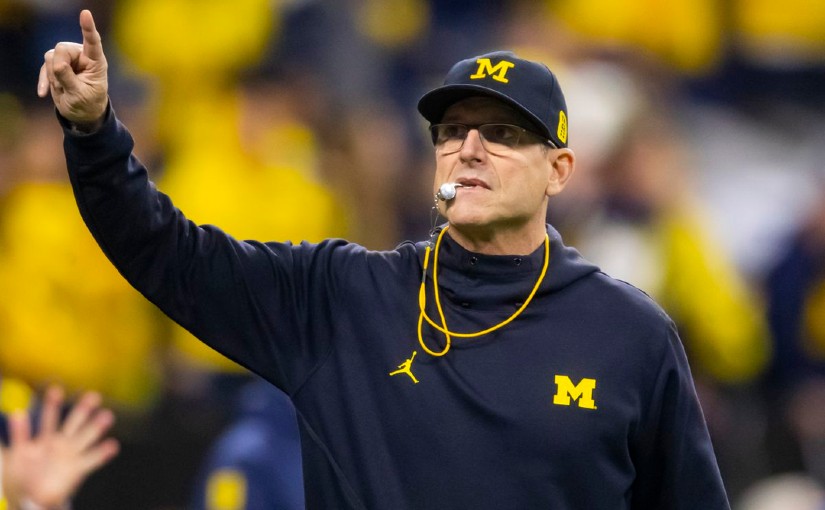
As an Ohio State fan, it’s hard not to feel a sense of validation seeing Jim Harbaugh and Michigan football face the consequences of their actions. The NCAA has finally issued a penalty against Harbaugh that stems from violations unrelated to the Connor Stalions scandal but rooted in recruiting infractions during the COVID-19 dead period.
The NCAA Division I Committee on Infractions found Harbaugh guilty of violating recruiting and inducement rules, engaging in unethical conduct, and failing to foster a culture of compliance. These actions resulted in a four-year show-cause order for Harbaugh, meaning that if he ever returns to college football, he would be fully suspended for his first year of employment. This decision stands as a significant reminder that the NCAA takes violations seriously, especially when a head coach is directly involved.
The underlying violations are particularly concerning. Harbaugh’s program was found to have made impermissible recruiting contacts and inducements during a period when such activities were strictly prohibited due to the pandemic. Despite overwhelming evidence, Harbaugh consistently denied his involvement, refused to cooperate with the investigation, and even provided false information to NCAA investigators. This behavior ultimately led to a Level I violation—the most severe category—due to his unethical conduct and lack of cooperation.
What’s even more striking is how Harbaugh’s former recruiting director painted a picture of a football program where the rules were more of an inconvenience than a guideline. According to the director, Harbaugh urged his staff to push boundaries during the dead period, leading to multiple instances of in-person contact with recruits, which were expressly forbidden. This reckless disregard for NCAA rules not only violated the COVID-19 restrictions but also highlighted a culture of indifference to compliance.
The NCAA’s investigation revealed detailed accounts of these violations, including a breakfast meeting between Harbaugh and a recruit, which Harbaugh initially denied but was later proven through documentation. These findings contributed to the severe penalties handed down to Harbaugh.
But let’s not forget, the Connor Stalions sign-stealing case looms large over Michigan as well. Although penalties for this scandal haven’t been issued yet, the allegations are serious. A draft of the NCAA’s notice of allegations suggests that Harbaugh and current Michigan head coach Sherrone Moore could face show-cause penalties for their involvement in this scheme. Moore, in particular, may also face a suspension for deleting text messages that could have provided key evidence.
Harbaugh’s defense? He denies any knowledge of the sign-stealing operation, claiming he was raised with the principles of honesty and integrity. Yet, this rings hollow given the litany of violations already proven against him. His refusal to cooperate with the NCAA’s investigation into the Stalions case only adds to the suspicion surrounding his role in these ongoing controversies.
Watching Michigan—and particularly Harbaugh—face the consequences of their actions is a stark reminder of the importance of integrity in college football. While the Wolverines might continue to compete on the field, their off-field actions have undoubtedly cast a shadow over their accomplishments.

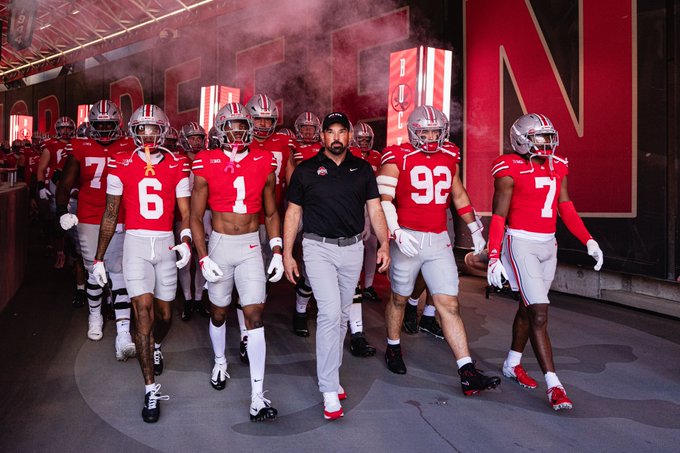
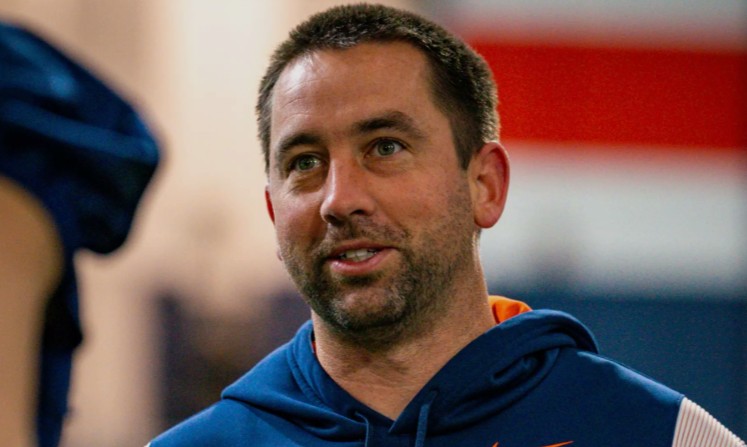
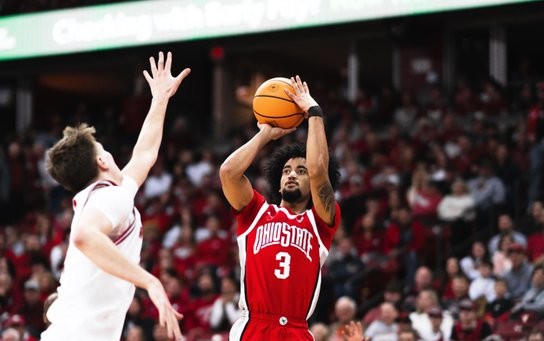
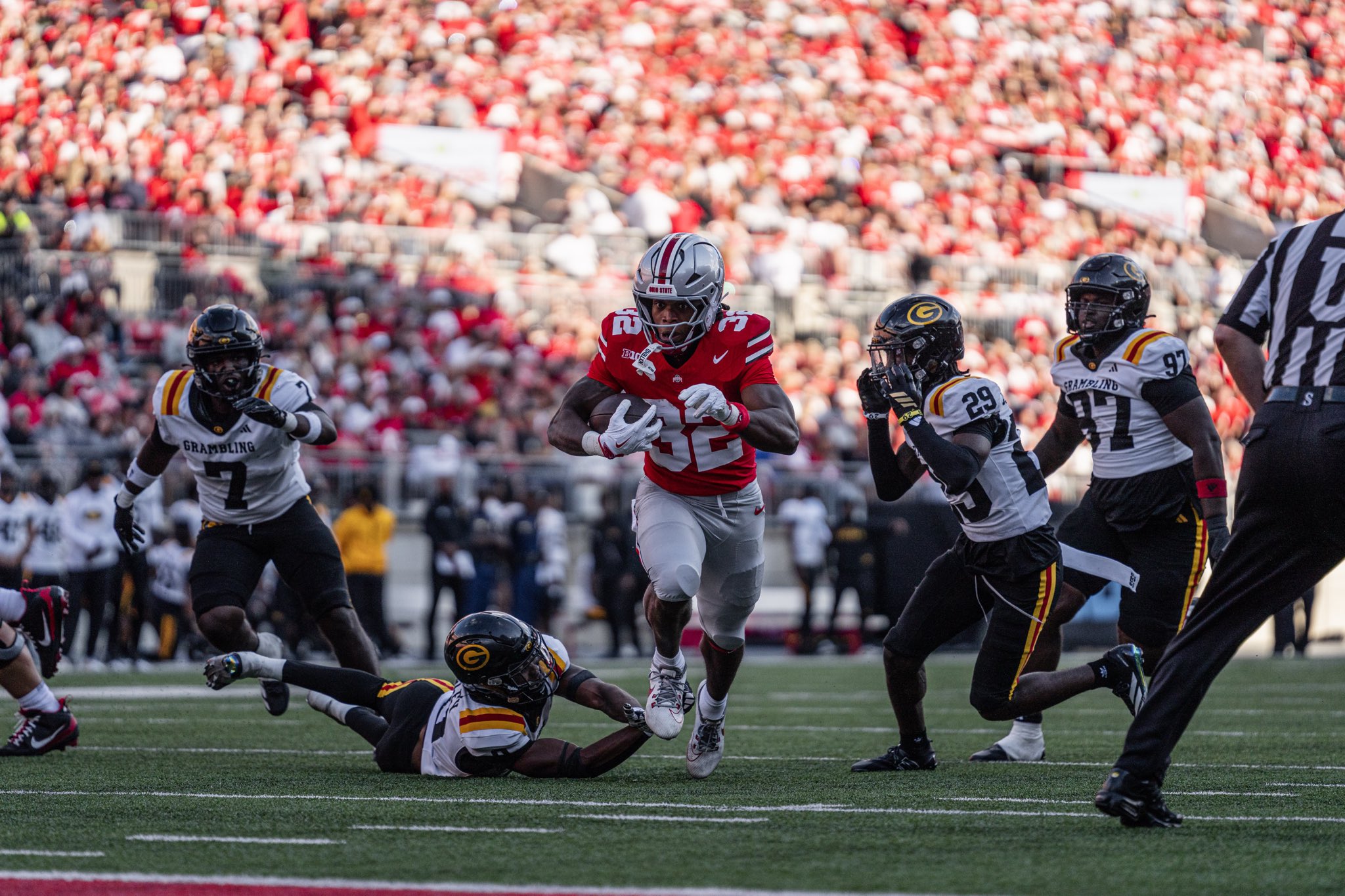
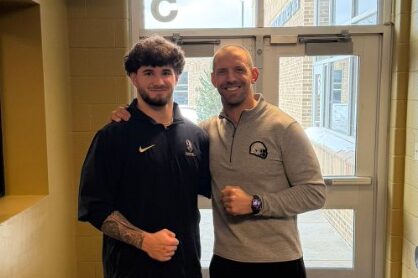
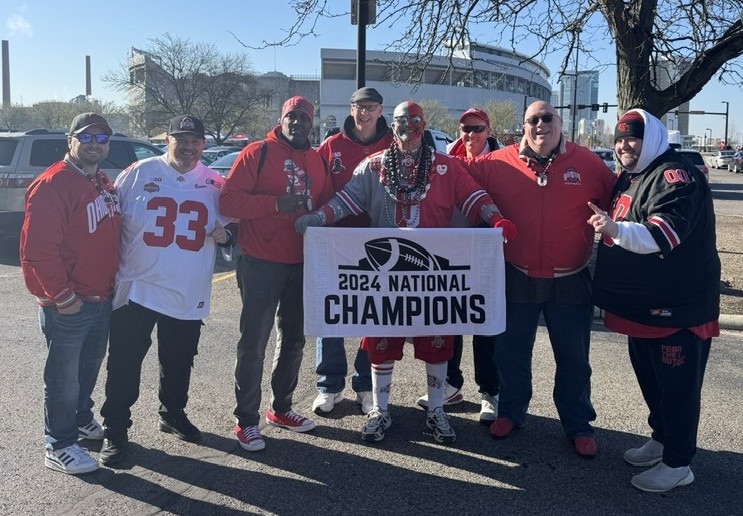



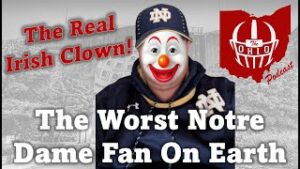
[…] Jim Harbaugh Receives NCAA Penalties Amid Michigan Football Scandals […]